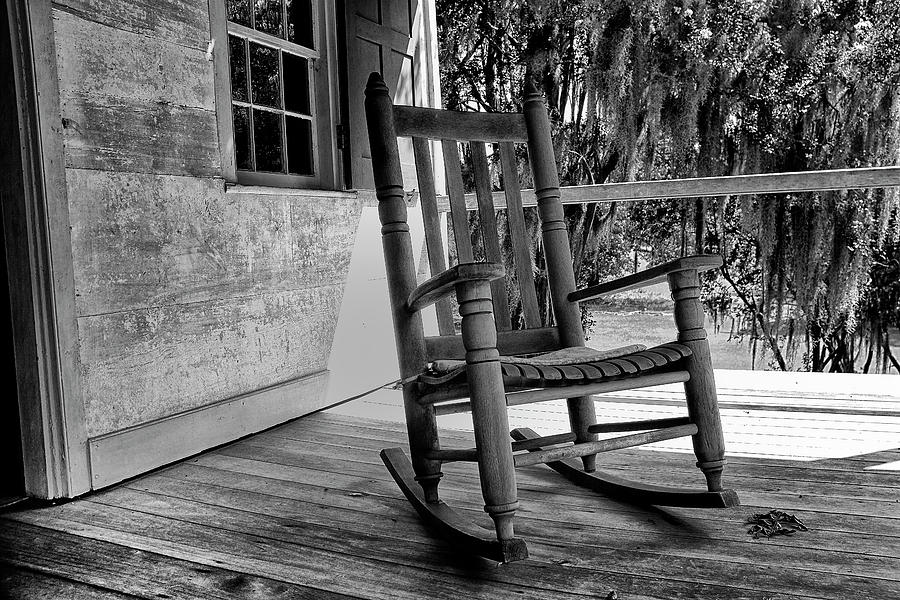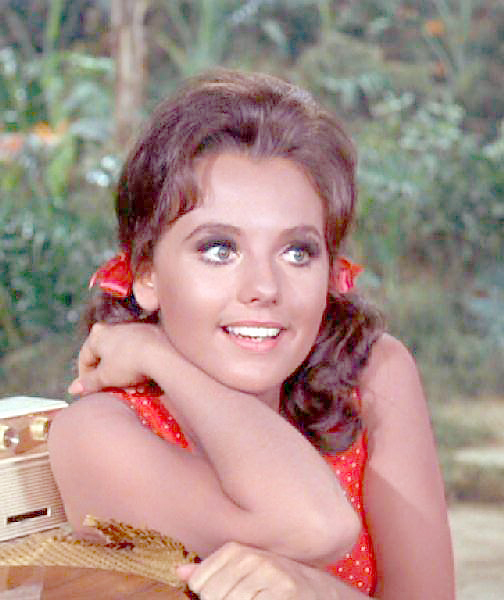
In my recent reflection on the 20th century, I explored a bit of what it was like through some of its literature. That actually wasn’t the low-hanging fruit though, it was simply a few thoughts on how life was lived through some of the events of the times, and how we’ve come to gentrify and sanitize everything now.
I think I’m especially sensitized to this because I’ve been eyewitness to an accelerated form of it in Korea over the past 40 years. I’ve seen the nation change from borderline rural poor, where people (including me) heated their homes with charcoal briquettes, to an economic powerhouse that stands among the world’s leaders in manufacturing and technology. And I’ve seen how Korea has lost its quaint simplicity in living. I certainly wouldn’t wish the curse of poverty and its associated hardships on any society – let’s not go back to the post-war, pre-’88 Olympics Korea by any means – but I can’t be certain that all of the technological advances in any society have been that good either.
Are people living better? Of course they are. But the frenzy of plasticizing and packaging life has left behind far too many people in a sort of cultural poverty. I was reminded of this when Micha and I happened upon a model apartment for a complex being built south of here. A tiny, one-bedroom place, about a third of the size of our own apartment, but costing nearly as much; it couldn’t serve as anything other than an investment for the rich. A person who would live there could never afford to actually own the place.
And the same was evident when we visited the new Lotte Department Store in Dongtan. There was very little that was affordable there – the first two floors were filled with luxury boutiques, and the floors above that weren’t much better. I guess though that’s why we have E-Mart Traders (a very much like Costco bulk-item warehouse without the membership fees). There are still ways to get by without selling one’s soul.
I use these examples though to once again reflect on the previous century. And at the risk of sounding like I’m telling you kids to get off my lawn, I still want to go there. It was much simpler. As Jerry Seinfeld would say, “Milk was a nickel, car was a quarter…” People struggled (as they still do). I mean, Hamburger Helper was invented in 1971. That’s gotta mean something. And when the kids went out, the mothers had no way of knowing where they were and what they were doing. They’d only find out by actually talking to the neighbors (or the police).
This brings to mind a conversation I was having a few years back with one of my brothers, and maybe serves as a good illustration of what I’m trying to say. We were sitting on the patio having a beer together just chatting about some movies when we reached a point where we couldn’t recall the name of an actress. It was one of those “tip of the tongue, I can almost remember who it was” kind of things. One of those names that maybe, five minutes after the conversation had moved on, one of us would snap our fingers and say “it was Dawn Wells!” or someone like that. Or not. That’s how it was.

One of the younger kids listening in on our conversation pulled out his phone and within a minute told us the name of the actress, to which I replied, “now why’d you go and do that? We had another five minutes of good conversation ahead of us trying to figure out who it was, and you’ve just gone and short-circuited the whole thing by giving us the answer.” Thing is, without him, we might never have known. And that would have been alright with us. There’s something to be said for the tension of not quite remembering something that isn’t really that important anyway. There’s also something to be said for the art of conversation that ambles about without really getting anywhere. There’s a certain easy comfort to it.
And that’s what some of us had in our youth. A bit of mystery. The challenge of remembering, and the acceptance of the state of affairs when we didn’t. Perhaps there’s an art to forgetting when it doesn’t really matter.
